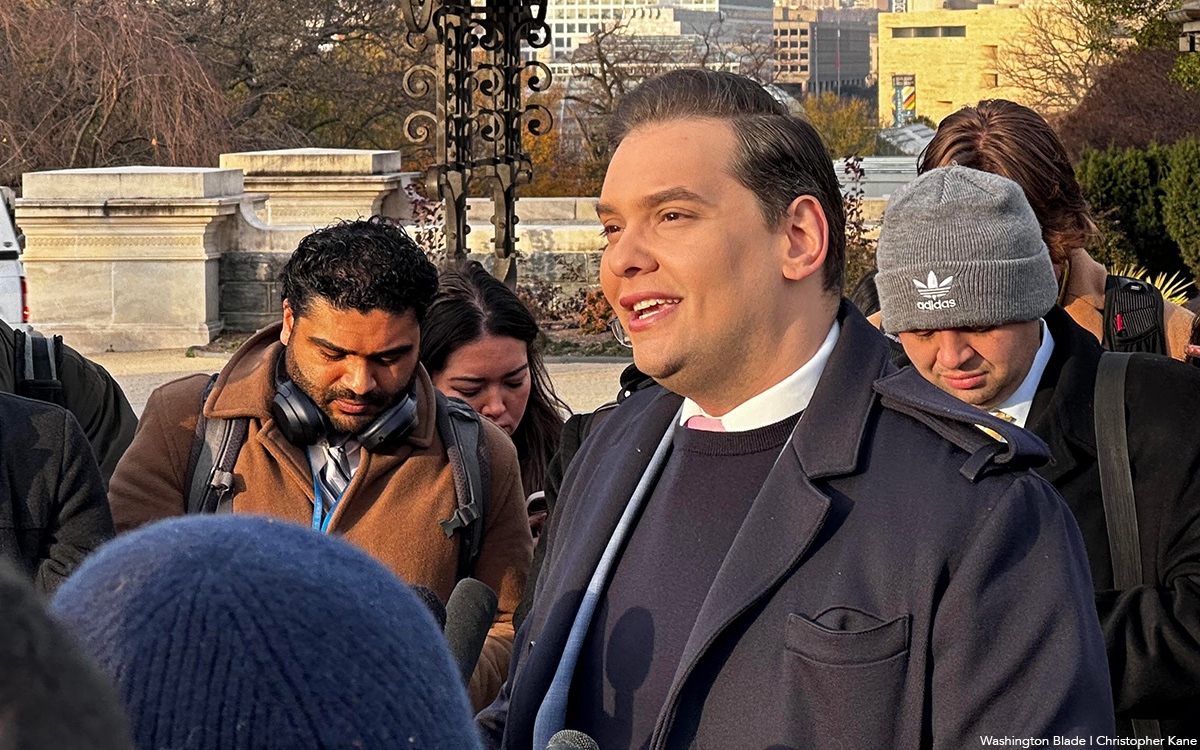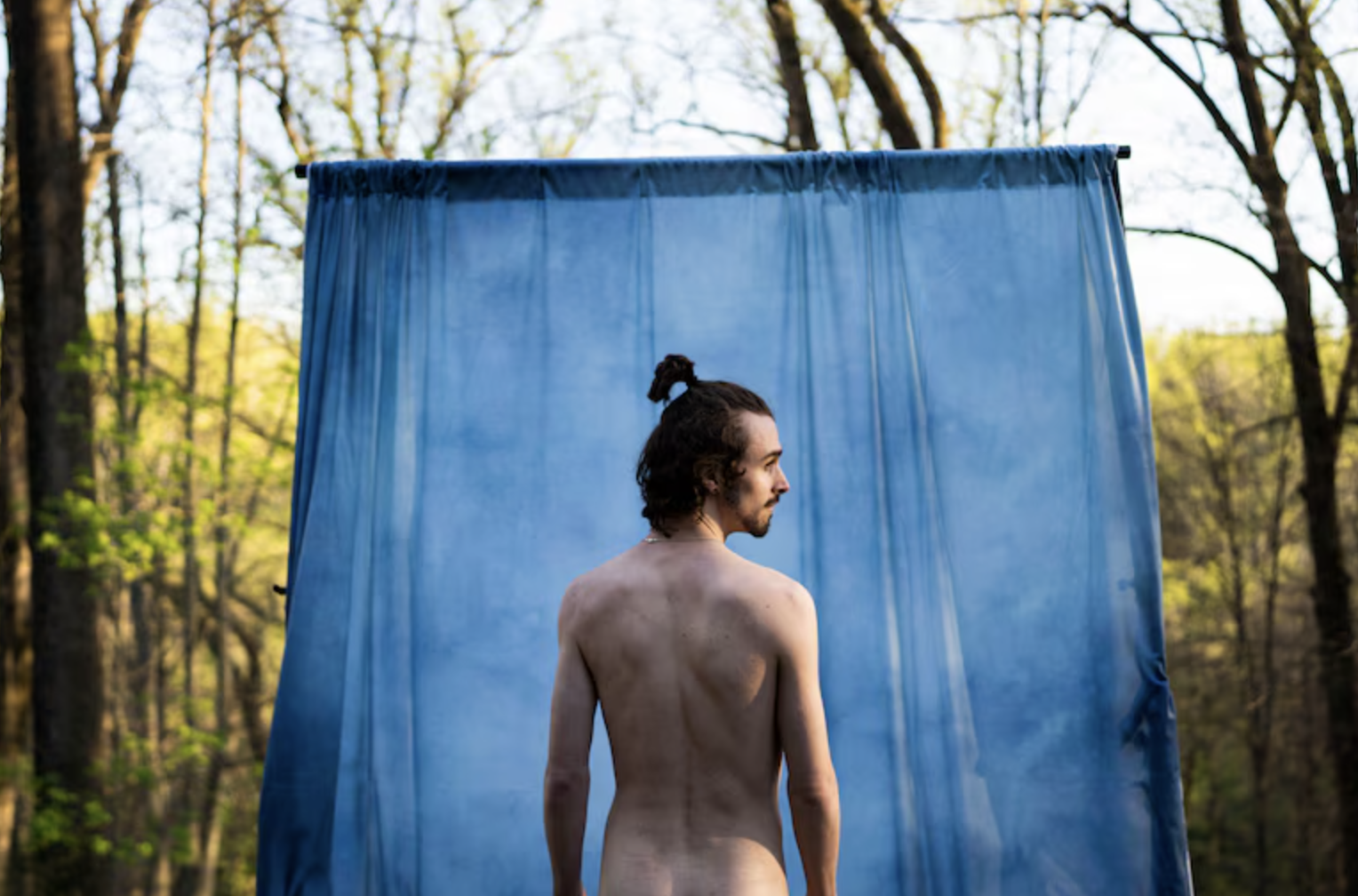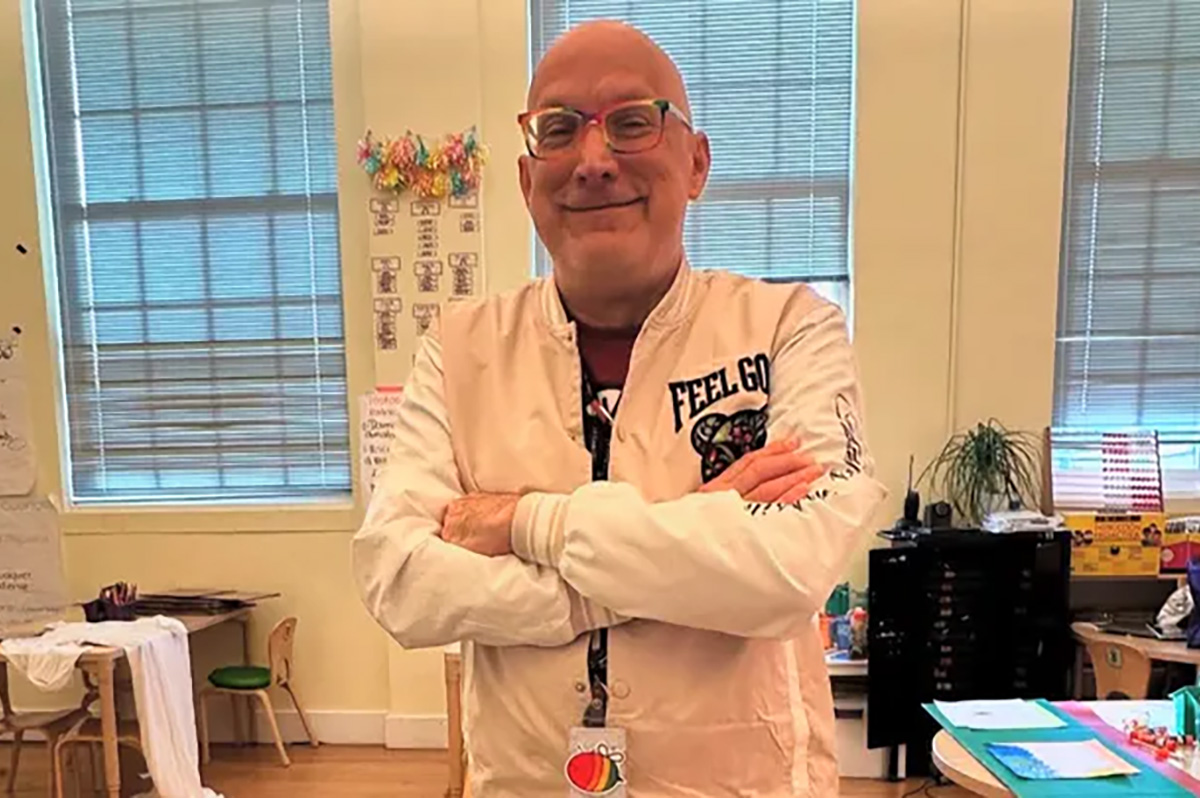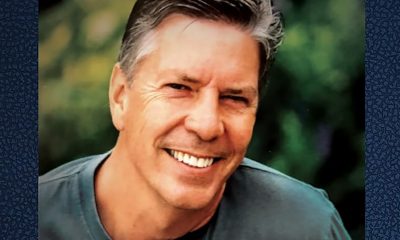News
Ireland to hold same-sex marriage referendum
Irish government said vote will take place in 2015

Prime Minister of Ireland Enda Kenny (Photo by the World Economic Forum; courtesy Wikimedia Commons)
The Irish government on Nov. 5 announced it will hold a referendum in 2015 on whether to extend marriage rights to same-sex couples.
The announcement comes nearly six months after a commission charged with reforming the Irish constitution overwhelmingly approved a recommendation to allow nuptials for gays and lesbians in the country.
“The Constitutional Convention’s landslide vote in favor of allowing same-sex couples to marry was a clarion call for equality which the government has heard today,” Mark Kelly, director of the Irish Council of Civil Liberties, said in a Nov. 5 statement. “When the people of Ireland vote on this issue in 2015, we will be participating in a final act of legal recognition of the full equality of our gay and lesbian colleagues and neighbors, friends and family.”
More than 1,500 same-sex couples have taken advantage of Ireland’s civil partnership law since it took effect in 2010.
Iceland, Portugal, Spain, France, Belgium, the Netherlands, Denmark, Norway and Sweden are among the 15 countries in which same-sex couples can legally marry.
Gays and lesbians will be able to exchange vows in England and Wales next year, while Scottish lawmakers have begun to debate their own same-sex marriage measure.
Croatians in December will vote in a referendum on whether to amend the country’s constitution to ban same-sex marriage.
Maltese parliamentarians last month began to debate a measure that would allow gays and lesbians to enter into civil unions. The European Court of Human Rights on Thursday ruled Greece’s 2008 civil unions law that excludes same-sex couples is discriminatory.
Poll: 76 percent of Irish people support same-sex marriage
The Irish Catholic Bishops’ Conference on Nov. 5 said it would campaign against the referendum.
A poll released on Thursday shows 76 percent of Irish people back marriage rights for same-sex couples.
Irish Prime Minister Enda Kenny on Nov. 5 announced his support of the issue.
“We are delighted with the Taoiseach’s (prime minister’s) announcement of his strong support for civil marriage for lesbian and gay couples,” Kieran Rose, chair of Gay and Lesbian Equality Network, an Irish LGBT advocacy group, said. “It is a momentous and proud moment when our Taoiseach and the leader of our country endorses and supports full citizenship in the Constitution through civil marriage for lesbian and gay people.”
Politics
George Santos sentenced to 87 months in prison for fraud case
Judge: ‘You got elected with your words, most of which were lies.’

Disgraced former Republican congressman George Santos was sentenced to 87 months in prison on Friday, after pleading guilty last year to federal charges of wire fraud and aggravated identity theft.
“Mr. Santos, words have consequences,” said Judge Joanna Seybert of the U.S. District Court for the Eastern District of New York. “You got elected with your words, most of which were lies.”
The first openly gay GOP member of Congress, Santos became a laughing stock after revelations came to light about his extensive history of fabricating and exaggerating details about his life and career.
His colleagues voted in December 2023 to expel him from Congress. An investigation by the U.S. House Ethics Committee found that Santos had used pilfered campaign funds for cosmetic procedures, designer fashion, and OnlyFans.
Federal prosecutors, however, found evidence that “Mr. Santos stole from donors, used his campaign account for personal purchases, inflated his fund-raising numbers, lied about his wealth on congressional documents and committed unemployment fraud,” per the New York Times.
The former congressman told the paper this week that he would not ask for a pardon. Despite Santos’s loyalty to President Donald Trump, the president has made no indication that he would intervene in his legal troubles.
Maryland
A Baltimore theater educator lost jobs at Johns Hopkins and the Kennedy Center
Tavish Forsyth concluded they could not work for Trump

BY WESLEY CASE | Tavish Forsyth had come to a conclusion: They could not work for President Donald Trump.
So the 32-year-old Baltimore resident stripped down, turned on their camera, and lit their career on fire.
“F—— Donald Trump and f—— the Kennedy Center,” a naked Forsyth, an associate artistic lead at the Washington National Opera’s Opera Institute, which is run by the Kennedy Center, said in a video that went viral. The board of the nation’s leading cultural institution had elected Trump just weeks prior as its chairman after he gutted the board of members appointed by his predecessor, President Joe Biden.
The rest of this article can be read on the Baltimore Banner’s website.
District of Columbia
Little Gay Pub to host April 25 celebration of life for Patrick Shaw
School teacher, D.C. resident praised for ‘warmth, humor, kindness’

Co-workers and friends will hold a celebration of life for highly acclaimed schoolteacher and D.C. resident Patrick Shaw beginning at 5:30 p.m. Friday, April 25 at The Little Gay Pub 1100 P St., N.W.
Little Gay Pub co-owner and Shaw’s friend, Dusty Martinez, said Shaw passed away unexpectedly on April 19 from a heart related ailment at the age of 60.
“Patrick touched so many lives with his warmth, humor, kindness, and unmistakable spark,” Martinez said. “He was a truly special soul – funny, vibrant, sassy, and full of life and we are heartbroken by his loss.”
In an Instagram posting, Shaw’s colleagues said Shaw was a second-grade special education teacher at the J.F. Cook campus of D.C.’s Mundo Verde Bilingual Public Charter School.
“Patrick brought warmth, joy, and deep commitment to Mundo Verde,” his colleagues said in their posting. “His daily Broadway sing-alongs, vibrant outfits, and genuine love for his students filled our community with energy and laughter.”
The posted message adds, “Patrick was more than a teacher; he was a light in our school, inspiring us all to show up with heart, humor, and kindness every day. His spirit will be deeply missed.”
The Washington Blade is preparing a full obituary on Patrick Shaw to be published soon.
-

 Federal Government3 days ago
Federal Government3 days agoHHS to retire 988 crisis lifeline for LGBTQ youth
-

 Opinions3 days ago
Opinions3 days agoDavid Hogg’s arrogant, self-indulgent stunt
-

 District of Columbia2 days ago
District of Columbia2 days agoD.C. police seek help in identifying suspect in anti-gay threats case
-

 Virginia3 days ago
Virginia3 days agoGay talk show host wins GOP nom for Va. lieutenant guv












